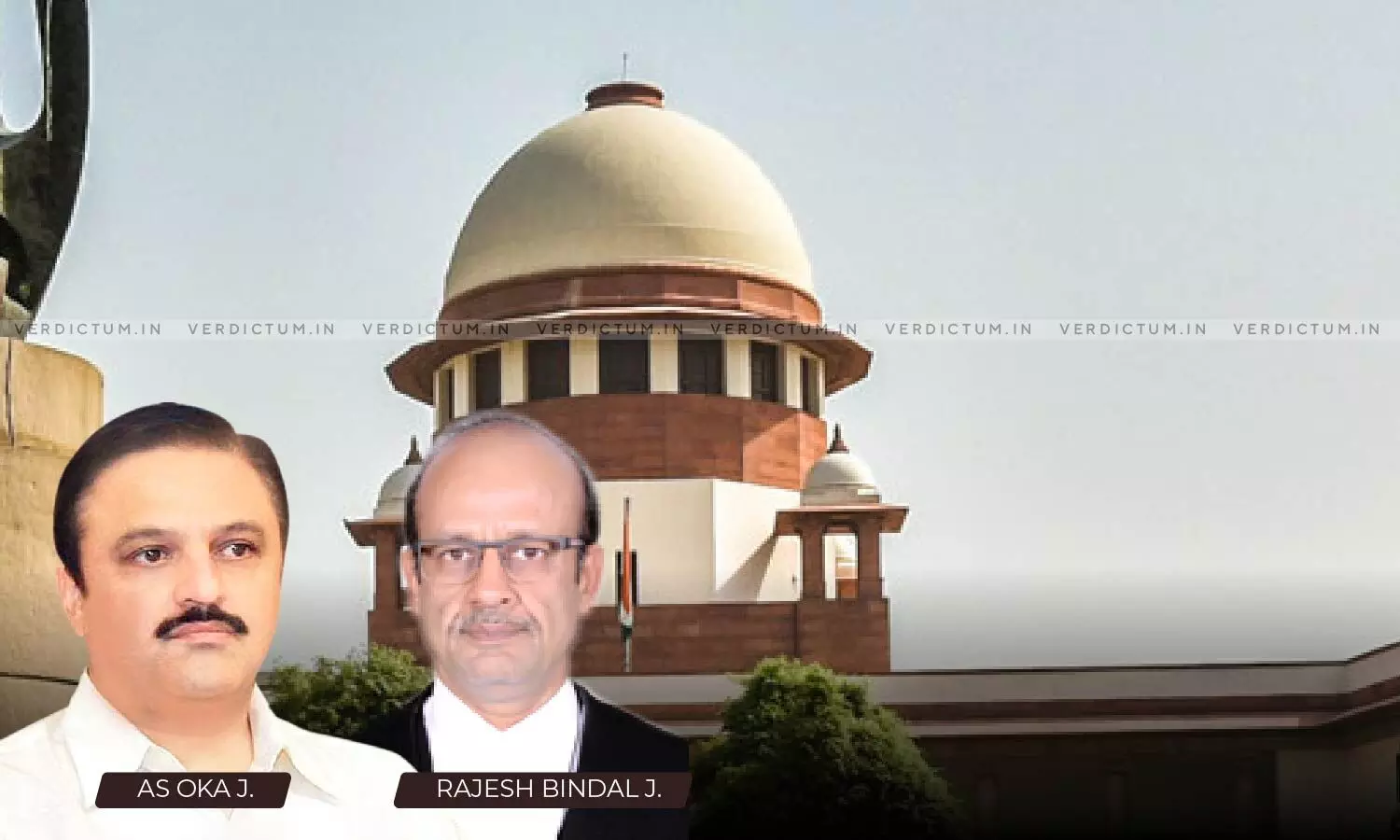
No Doubt That Corporate Debtor Committed Default Under IBC Due To Non-Payment Of Due Amount: SC Rejects Plea
 |
|The Supreme Court has dismissed an appeal on the ground that the Corporate Debtor committed a default within the meaning of Section 3(12) of the IBC (Insolvency and Bankruptcy Code, 2016) due to non-payment of the amounts due to the Bank.
The two-Judge Bench comprising Justice Abhay S. Oka and Justice Rajesh Bindal held, “… there is no doubt that the Corporate Debtor committed a default within the meaning of Section 3(12) of the IB Code due to non¬payment of the amounts due to the Bank. … There are a large number of Guarantees issued by the Bank. The interim order of the Telangana High Court does not relate to all Bank Guarantees. Moreover, there is no finding recorded in the interim order that the Corporate Debtor is not liable to pay the dues. The interim order only prevents coercive action against the Corporate Debtor.”
The Bench noted that the amount payable by the Corporate Debtor also included the amount repayable under the fund-based credit facility of secured overdrafts and that the facility granted to the Corporate Debtor was not confined to Bank Guarantees.
Senior Advocate Krishnan Venugopal appeared for the appellant while Advocates Rajesh Kumar Gautam, Anant Gautam, and Kartik Jindal appeared for the respondents.
In this case, the respondent i.e., the Bank filed an application under Section 7 of the IBC before the National Company Law Tribunal, Hyderabad, Telangana against a Corporate Debtor. The appellant claimed to be a suspended Director of the Corporate Debtor and the NCLT admitted the application filed by the Bank.
The NCLT declared a moratorium for the purposes referred to in Section 14 of the IBC and the appellant claiming to be an aggrieved person preferred an appeal against the said order before the National Company Law Appellate Tribunal. However, the NCLAT dismissed the appeal filed by the appellant.
The Supreme Court after hearing the arguments of the counsel observed, “Even assuming that NCLT has the power to reject the application under Section 7 if there were good reasons to do so, in the facts of the case, the conduct of the appellant is such that no such good reason existed on the basis of which NCLT could have denied admission of the application under Section 7.”
Accordingly, the Apex Court dismissed the appeal.
Cause Title- M. Suresh Kumar Reddy v. Canara Bank & Ors.